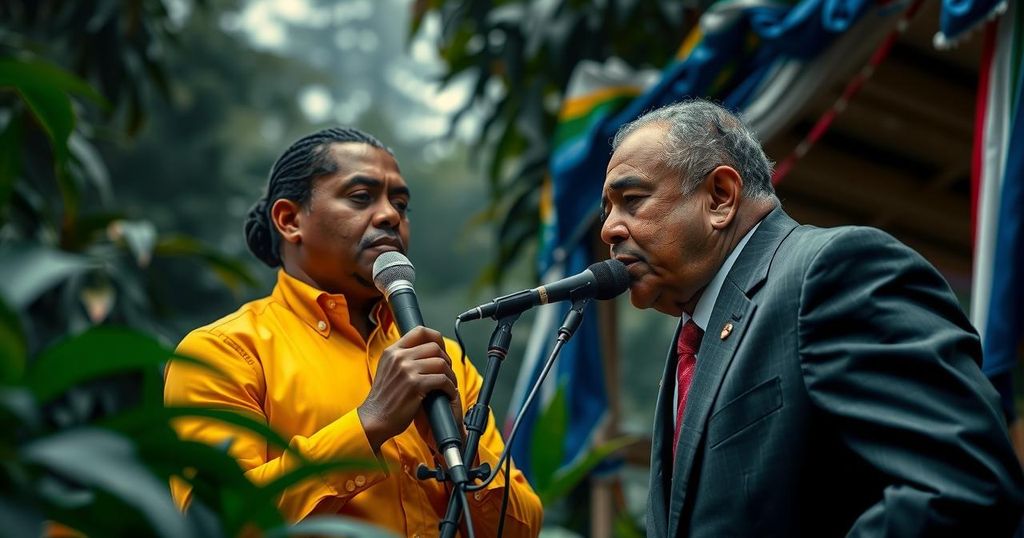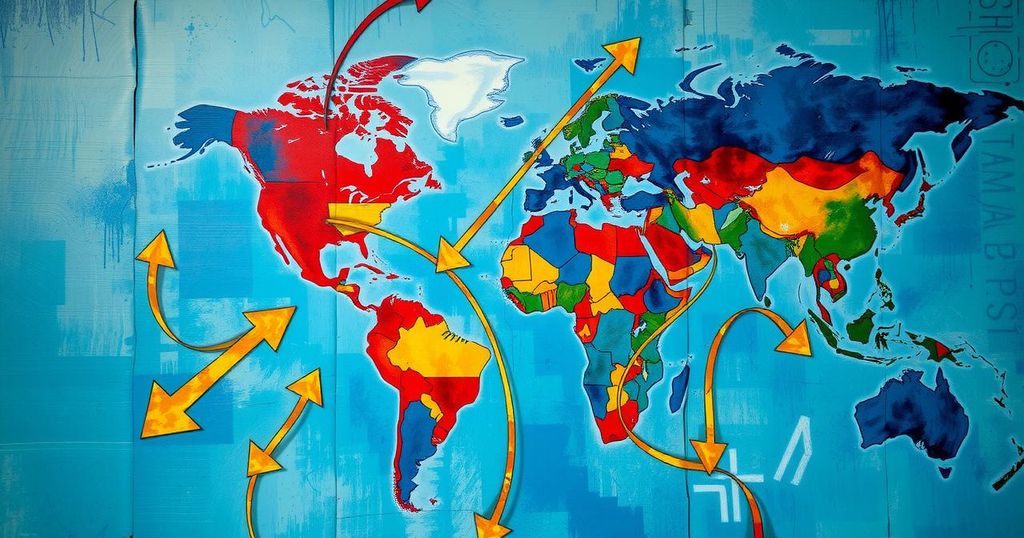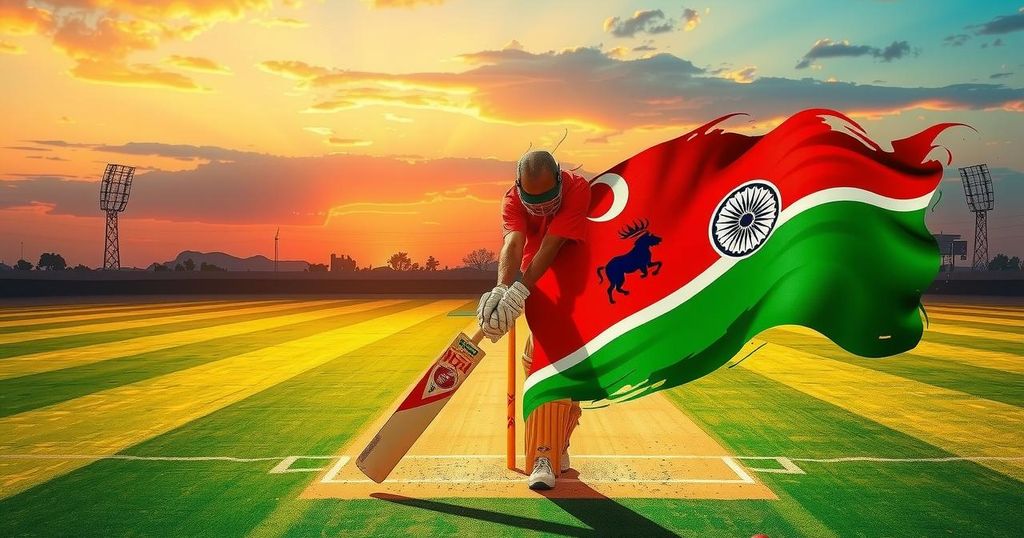Politics
AFRICA, CONGO, CONGO (KINSHASA), CONSTITUTIONAL REFORMS, CORRUPTION, DEMOCRACY, DEMOCRATIC REPUBLIC OF CONGO, FELIX TSHISEKEDI, FÉLIX TSHISEKEDI, FOREIGN POLICY, GOVERNANCE, JOSEPH KABILA, KINSHASA, MANAGUA, NATIONAL ASSEMBLY, NICARAGUA, NORTH AMERICA, OPPOSITION, ORTEGA, SOUTH, TS
Isaac Bennett
0 Comments
Concerns Rise Over Democratic Erosion in Congo and Nicaragua’s Constitutional Reforms
In the Democratic Republic of Congo and Nicaragua, leaders are pursuing constitutional reforms that critics warn could erode democracy and extend presidential powers. President Félix Tshisekedi’s proposals in Congo raise concerns of a potential end to the two-term limit, while President Daniel Ortega’s reforms in Nicaragua aim to solidify authoritarian control. The situations reflect broader challenges to democratic governance in both nations.
Political developments in the Democratic Republic of Congo and Nicaragua reveal a concerning trend of constitutional changes aimed at consolidating presidential power. In Congo, President Félix Tshisekedi contends the 2006 constitution is outdated, proposing a national composition to amend it. Critics fear this could lead to the elimination of the presidential two-term limit, thereby extending his rule beyond established constraints. In Nicaragua, President Daniel Ortega has introduced reforms to elevate his power, including increasing presidential terms and redefining the vice presidency, which is currently held by his wife. Opposition figures argue these proposed changes are steps towards entrenching an authoritarian regime in both countries. The situation demands urgent scrutiny as both nations navigate the fragile terrain of democratic governance.
Despite their disparate cultural contexts, both cases illustrate a common concern regarding the preservation of democratic frameworks. Leaders in both countries assert that their proposed reforms will enhance governance and stability, while detractors warn they risk undermining democratic institutions. In Congo, potential protests against Tshisekedi’s reforms juxtapose against Nicaragua’s chilling atmosphere for dissent. The international community’s muted response leaves many questioning the commitment to uphold democratic values.
In summary, the events in the Democratic Republic of Congo and Nicaragua illustrate a disturbing pattern of political maneuvering that threatens democratic principles. In both scenarios, leaders are seeking to expand their powers under the guise of modernization, while opposition voices are increasingly marginalized. The necessity of vigilance from both domestic citizens and the global community cannot be overstated as these crucial developments unfold.
The political landscape in the global south, characterized by fragile democracies, is susceptible to constitutional changes that can significantly impact governance. Constitutional frameworks are designed to preserve democratic institutions and limit abuses of power. The recent activities in the Democratic Republic of Congo and Nicaragua symbolize a broader trend where political leaders exploit constitutional mechanisms to strengthen their hold on power. These nations, grappling with historical challenges of governance, now face intensified scrutiny over their commitment to democratic ideals amid proposed reforms.
The proposed constitutional changes in the Democratic Republic of Congo and Nicaragua highlight a troubling trend of democratic erosion. As leaders seek to consolidate power under the pretext of governance reform, the implications for democratic integrity become increasingly precarious. Both nations stand at critical crossroads, with potential unrest in Congo and the tightening grip of authoritarianism in Nicaragua. It is imperative for domestic and international communities to remain vigilant in defending democratic principles and holding leaders accountable for their actions.
Original Source: www.firstpost.com




Post Comment